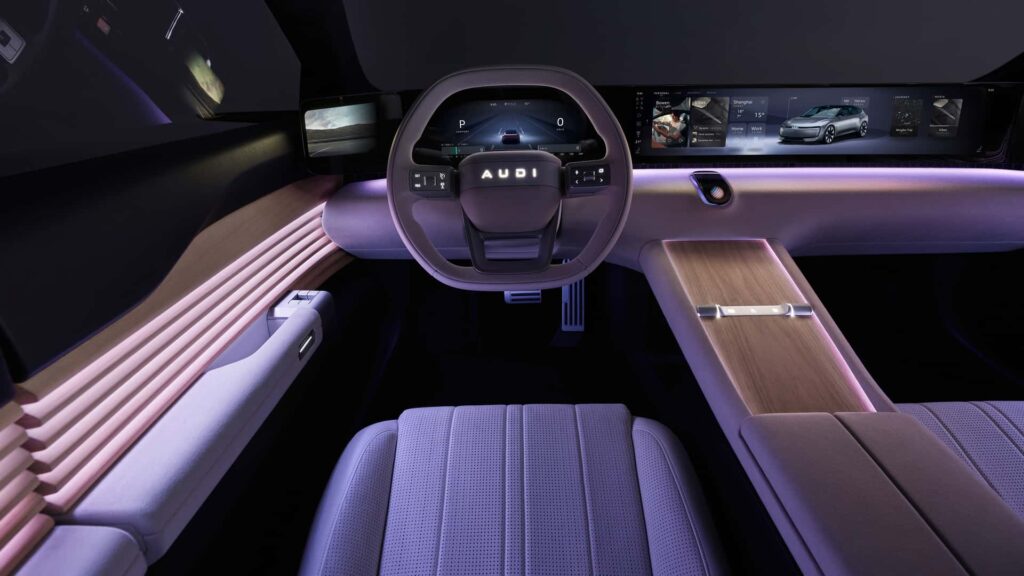The Volkswagen Group is aiming to introduce ‘smart cars’ in both Europe and the United States, with assistance from China’s Ecarx and its cutting-edge hardware and software. However, a major obstacle stands in their way – the strict ban on Chinese-developed software for cars in the U.S.
In the realm of software development for vehicles, Chinese car companies have surged ahead of their American and European counterparts. This technological prowess has made it challenging for traditional automakers to sway Chinese consumers away from local brands like BYD and Geely. Even Tesla, known for its advanced software suite in Western markets, has struggled to compete with Chinese rivals on the software front.
To bridge this gap, Volkswagen has turned to China for solutions. By investing in Rivian’s software expertise and deepening its collaboration with Ecarx, the German automaker aims to produce and market smart cars tailored for developed markets. Ecarx’s Antora 1000 digital cockpit system, featuring proprietary chip and software, has already been deployed in Volkswagen cars in Brazil and India, offering advanced features such as voice recognition and navigation apps.
Looking ahead, Volkswagen and Ecarx are exploring opportunities to expand their partnership to include Skoda-branded cars in Europe and potentially launch vehicles equipped with Ecarx technologies in the U.S. This move signifies Volkswagen’s commitment to enhancing its software capabilities and staying competitive in the evolving automotive landscape.
Despite Volkswagen’s efforts to bolster its software division through Cariad, the road to success has been fraught with challenges and delays. While Cariad eventually delivered software for the Volkswagen Group’s new EVs, including the Audi Q6 E-Tron, the process was marred by setbacks and setbacks that resulted in significant delays.
As Volkswagen navigates the complexities of the global automotive market, the company faces regulatory hurdles such as the proposed ban on cars with digital connections to China in the U.S. However, the trend towards collaboration with Chinese automakers suggests that advanced technology from China is likely to influence the future of smart cars worldwide. With the industry evolving at a rapid pace, partnerships and innovation will be key to driving progress and staying ahead in the smart car game.

